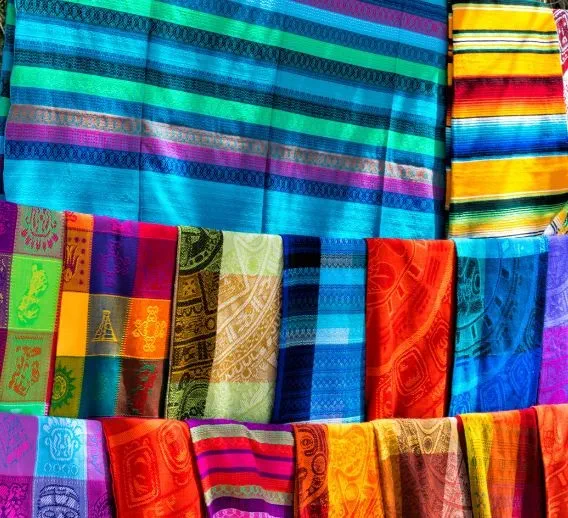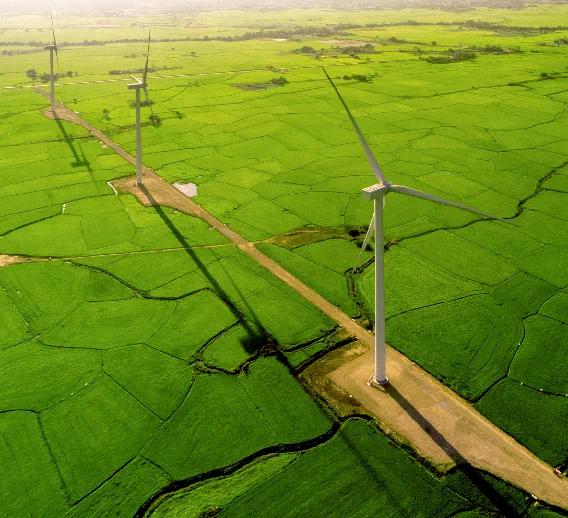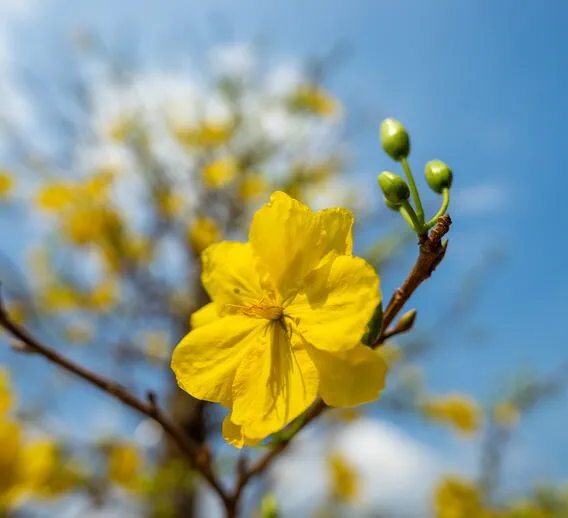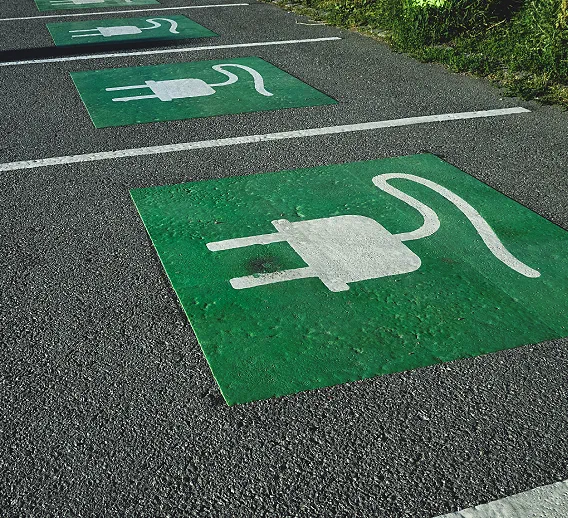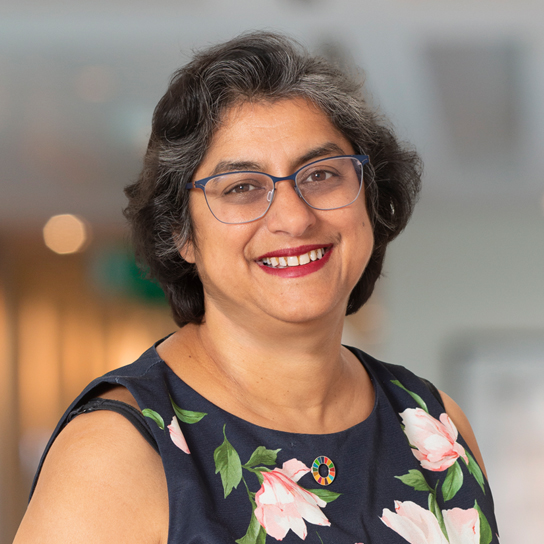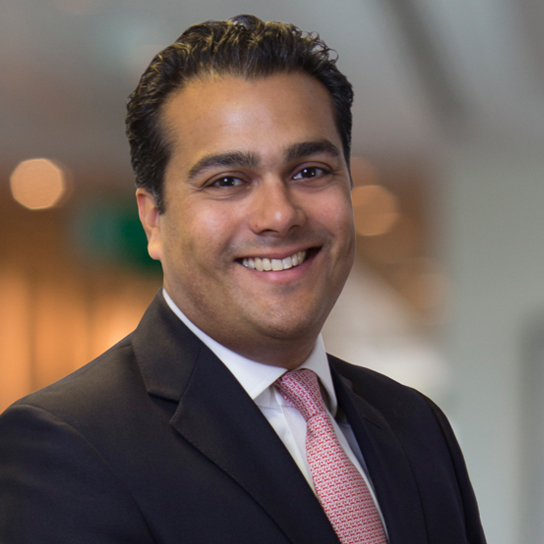
Granting victims of human trafficking access to compensation
39 Vietnamese migrants tragically died in a lorry container. Our pro bono client Pacific Links Foundation fought on behalf of the victims' families for reparations.
“I’m sorry, mother. My journey has failed. I’m dying, I can’t breathe.”
Imagine receiving that text message from your beautiful 26-year-old daughter, not knowing where she is, only that she is being trafficked from Vietnam to England.
Pham Thi Tra My, the young woman, was one of 39 Vietnamese people found dead in a lorry container in Essex, England, on 23 October 2019. Known as the “Essex 39,” the group included 31 men and 8 women aged 15 to 44.
Historically, My’s parents and members of the other families left behind would have faced significant barriers to receiving reparations when their loved ones died as victims of human trafficking crimes. The grief of loss paints a heartbreaking picture for these families.
But thanks to two landmark decisions in cases related to the Essex 39 , courts have recognized that victims of human trafficking are entitled to compensation. We have also ensured that rights to compensation are respected in the UK criminal law process. Our guidance to Pacific Links Foundation paved the way for justice for the families of the victims.
On 19 January 2022, the Bruges Court of First Instance in Belgium made a significant decision to award damages to several victims, which was maintained by the Belgian Court of Appeals in 2022. In a parallel case, the 33rd Chambre Correctionnelle du Tribunal Judiciaire de Paris followed suit on 10 November 2023, awarding damages to the represented victims after the criminal trial. This decision is subject to an appeal.
Championing justice through strategic litigation
We advocated for the victims, arguing that human trafficking is a deliberate act of violence. Our client asked that we ensure that asset confiscation and reparations were at the heart of the criminal justice process.
“Hogan Lovells argued that reparations should be paid from the traffickers’ assets, and the courts all recognized that victims of human trafficking should have access to an effective remedy,” says Diep Vuong, president and cofounder of Pacific Links Foundation. “I’m most grateful to Hogan Lovells for their work navigating the legal case in three jurisdictions while understanding the cultural differences, the languages, and the vulnerability of the clients.”
For Vuong, this case holds more than just the pursuit of justice; it aligns with the foundation’s overarching mission to protect vulnerable people from exploitation through prevention. “This type of strategic litigation can play a role in preventing trafficking. It is a path for ensuring justice is served and that the traffickers will have to pay.”
“We hope that this case will set a precedent to help others who have been affected by illegal migrant trafficking,” says Hogan Lovells partner Arthur Dethomas. “Whilst funds can never replace what has been lost, the damages award gives recognition to victims.”
Outcome
victims trafficked annually
landmark decisions
jurisdictions: Vietnam, UK, Belgium, France
More of our case studies

